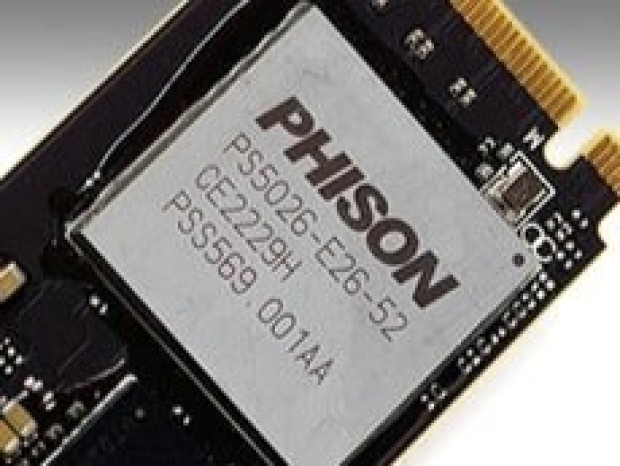According to the Chinese Facebook group PCDIY!, the problem looks like it stems from pre-release engineering firmware on some SSDs, which appears to have been triggered by Windows 11 updates.
In a Facebook post, PCDIY! admin Rose Lee said the issue had been identified and confirmed by Phison engineers, giving weight to the claims. Lee explained that testing showed SSD crashes tied to the Windows 11 update were happening only on drives with pre-release engineering firmware and not on the final production code.
Phison-based SSD makers receive controllers directly from the supplier and flash them with mass production tools, meaning consumers should only see devices loaded with final firmware. This official firmware has been properly tested and does not show the sort of glitches that engineering builds throw up.
Last month, users reported that the August Windows 11 patch was killing their SSDs. Some drives vanished after heavy file transfers, with machines refusing to recognise the hardware even after a reboot.
Phison later issued a statement after racking up more than 4,500 hours of testing, claiming it could not reproduce the reported failures. The company hinted that overheating might be involved and advised users to slap heatsinks on their SSDs if they planned to hammer them with large workloads.
Microsoft came out swinging, denying its update had anything to do with the storage mess. Redmond insisted its investigation showed no connection between the patch and failing drives and dismissed the idea that it had shipped a serious flaw.
Now with PCDIY! pointing the finger at pre-release firmware, the narrative has shifted yet again. In theory, anyone running production firmware should not be seeing these catastrophic SSD crashes.




